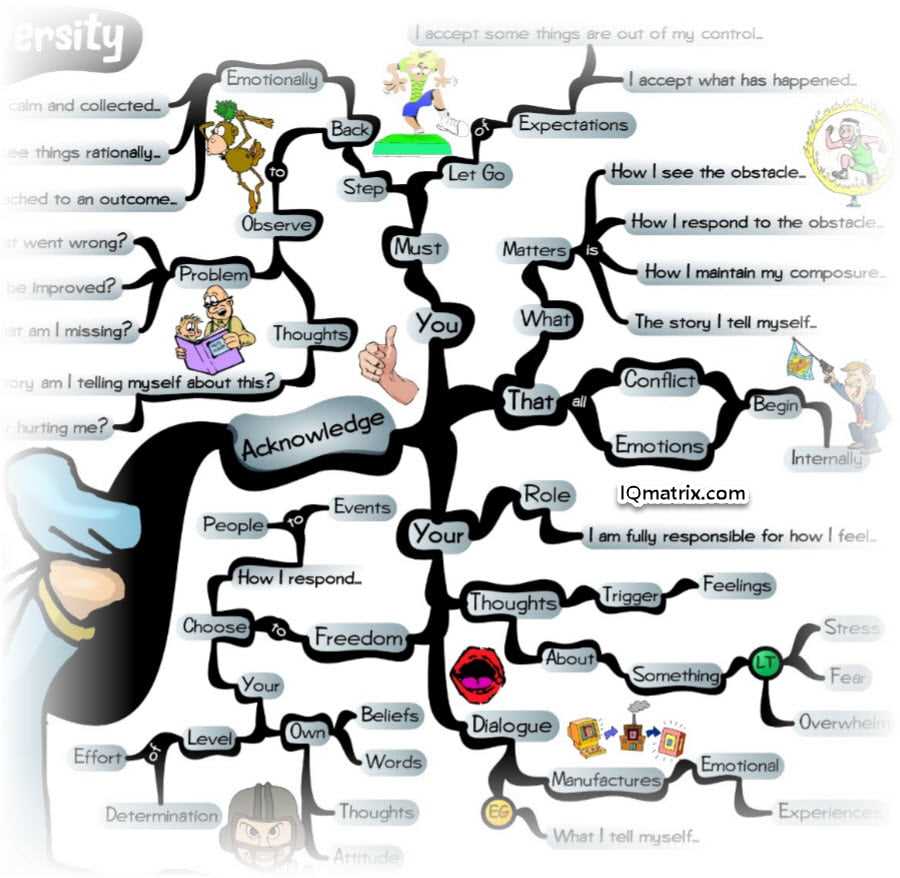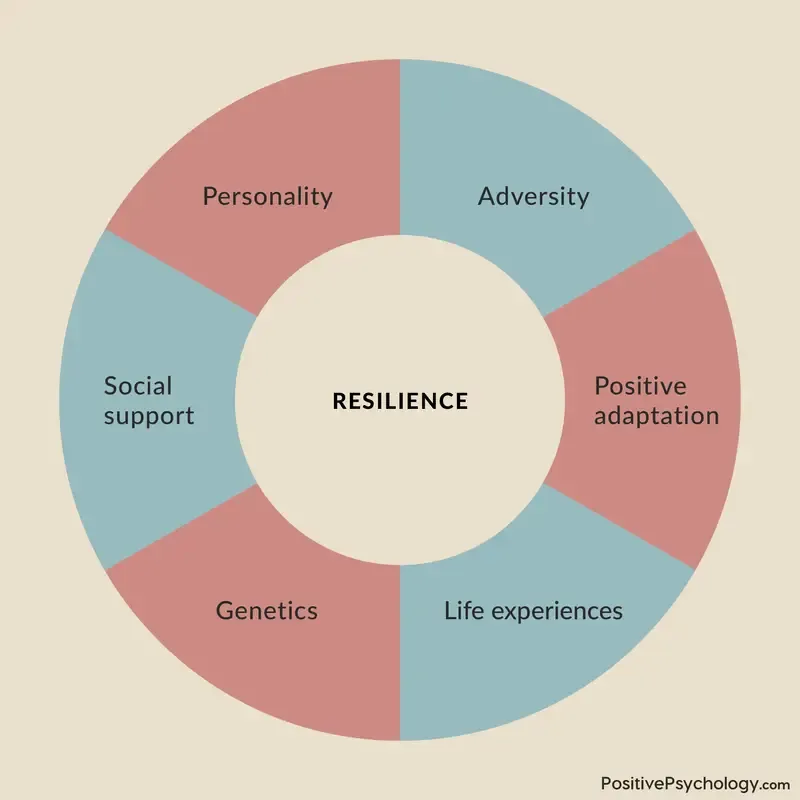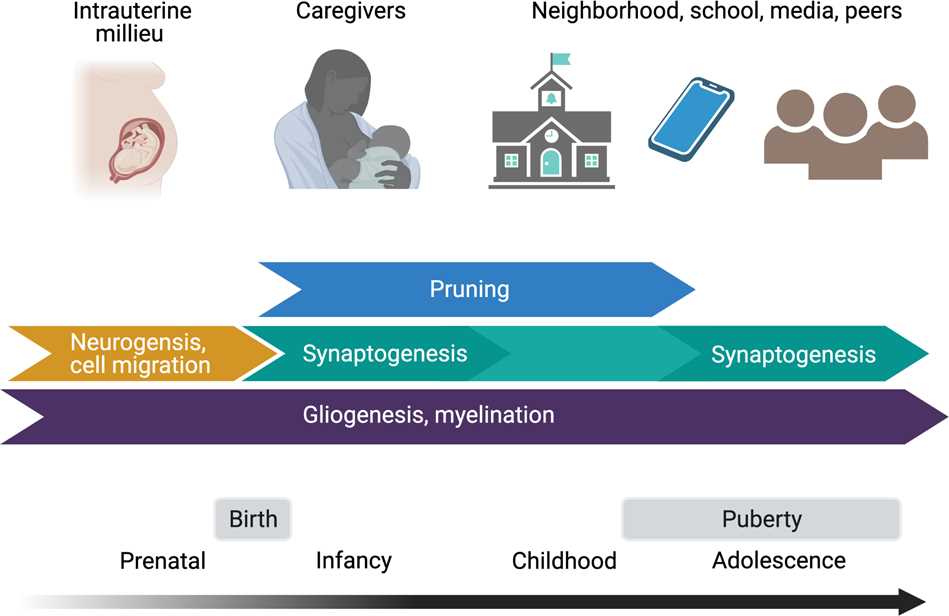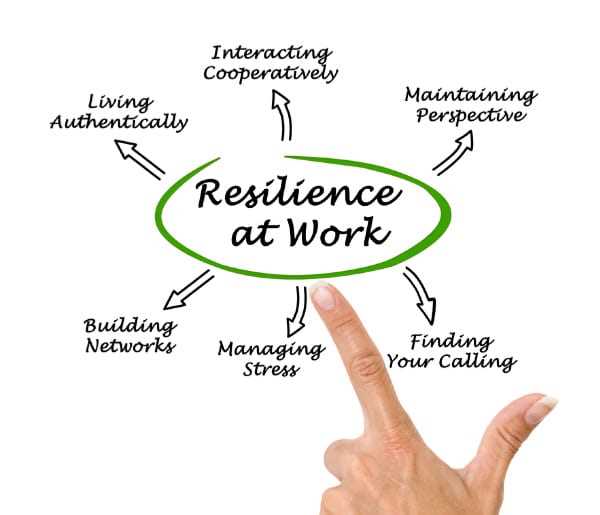
In life, we all face various trials and hardships that test our strength and resilience. These challenges come in different forms and can be referred to as obstacles, difficulties, hurdles, struggles, or setbacks. Adversity is an inevitable part of the human experience, and understanding the different types of adversities can help us navigate through them with grace and determination.
One type of adversity is physical challenges. These can include health issues, disabilities, or injuries that limit our mobility or abilities. Physical challenges can be emotionally and mentally draining, as they often require us to adapt and find new ways of accomplishing tasks. However, facing these challenges head-on can lead to personal growth and a deeper appreciation for the strength of the human spirit.
Another type of adversity is financial hardship. Many people face financial struggles at some point in their lives, whether it be due to job loss, unexpected expenses, or economic downturns. Financial difficulties can cause stress, anxiety, and uncertainty about the future. However, they can also teach us valuable lessons about budgeting, resourcefulness, and the importance of perseverance.
Emotional and mental challenges are also common forms of adversity. These can include mental health issues, relationship problems, or traumatic experiences. Dealing with emotional and mental struggles can be overwhelming and isolating, but seeking support from loved ones or professionals can help us navigate these challenges and develop resilience in the face of adversity.
Lastly, personal and professional setbacks can also be considered forms of adversity. These setbacks can include job rejections, failed projects, or missed opportunities. While they can be discouraging, setbacks can also be valuable learning experiences that push us to improve, reassess our goals, and develop new strategies for success.
In conclusion, there are various types of adversity that we may encounter in life. Whether it be physical challenges, financial hardships, emotional struggles, or setbacks, each form of adversity presents an opportunity for growth and resilience. By acknowledging and understanding these challenges, we can face them with determination, knowing that they are an integral part of our journey towards personal and professional development.
Physical Adversity
Physical adversity refers to the hardships, struggles, setbacks, misfortunes, hurdles, trials, obstacles, and challenges that individuals face in relation to their physical well-being. It encompasses a wide range of difficulties that can impact a person’s ability to function and thrive in their daily life.
Examples of physical adversity include chronic illnesses, disabilities, injuries, and health conditions that limit mobility, strength, or overall physical health. These challenges can make it more difficult for individuals to perform everyday tasks, engage in activities they enjoy, or maintain their independence.
Physical adversity can also manifest in the form of physical pain or discomfort, which can have a significant impact on a person’s quality of life. It may require individuals to undergo medical treatments, surgeries, or therapies to manage their condition and alleviate their symptoms.
Dealing with physical adversity often requires individuals to develop resilience, adaptability, and determination. It may involve seeking support from healthcare professionals, developing coping mechanisms, and making lifestyle changes to improve overall well-being.
While physical adversity can present numerous challenges, it can also provide an opportunity for personal growth and self-discovery. Many individuals who have faced physical adversity have found strength, resilience, and a renewed appreciation for life through their experiences.
It is important to recognize and support individuals facing physical adversity, as they navigate the unique challenges and barriers that they encounter. By offering empathy, understanding, and resources, we can help individuals overcome their physical adversity and live fulfilling lives.
Overcoming Physical Disabilities
Physical disabilities can present a variety of misfortunes and obstacles in life. However, with determination and perseverance, individuals can overcome these difficulties and emerge stronger.
Challenges faced by those with physical disabilities are numerous. From daily tasks to societal barriers, every aspect of life can pose trials. Simple activities such as walking, eating, or even communicating may become hurdles that require innovative solutions.
Despite setbacks, individuals with physical disabilities often demonstrate incredible resilience and strength. They refuse to let their struggles define them and instead find ways to adapt and thrive. Through therapy, assistive devices, and support systems, they navigate the world with grace and determination.
Overcoming physical disabilities also requires addressing societal misconceptions and prejudices. Advocacy and education play a vital role in breaking down barriers and creating a more inclusive society. By challenging stereotypes and promoting equal opportunities, individuals with physical disabilities can lead fulfilling lives and achieve their goals.
While physical disabilities may present unique challenges, they do not define a person’s worth or limit their potential. With the right mindset and support, individuals can conquer any obstacle that comes their way and inspire others in the process.
Dealing with Chronic Illnesses
Living with a chronic illness can present numerous struggles, hardships, setbacks, and trials. The daily difficulties faced by individuals with chronic illnesses can be overwhelming, both physically and emotionally. These misfortunes can affect various aspects of life, including relationships, career, and overall quality of life.
One of the biggest challenges of dealing with chronic illnesses is the constant need for medical attention and treatment. This can involve regular doctor visits, medication management, and frequent hospitalizations. The financial burden of medical expenses can also be a significant obstacle for many individuals.
Another difficulty is the impact on mental health. Chronic illnesses can lead to feelings of isolation, depression, and anxiety. The constant physical pain and limitations can take a toll on one’s emotional well-being. It is important for individuals with chronic illnesses to seek support from loved ones, therapists, or support groups to help navigate these challenges.
Moreover, managing daily activities and maintaining a normal routine can be a constant struggle. Simple tasks that others take for granted can become obstacles for individuals with chronic illnesses. This can include basic self-care activities, such as bathing and dressing, as well as engaging in social activities or pursuing hobbies.
Despite these challenges, individuals with chronic illnesses often demonstrate incredible resilience and strength. They learn to adapt to their circumstances and find ways to overcome obstacles. They become experts at self-care and develop a deep appreciation for life’s small victories.
It is important for society to recognize and support individuals with chronic illnesses. By raising awareness and understanding, we can create a more inclusive and supportive environment for those facing these daily challenges. Through education, research, and advocacy, we can work towards improving the lives of individuals with chronic illnesses and providing them with the resources they need to thrive.
Recovering from Injuries

When facing misfortunes or obstacles in life, one of the most challenging struggles can be recovering from injuries. Whether it’s a minor setback or a major hardship, the journey to regain physical health can be filled with difficulties and trials.
Injuries can occur in various ways, such as sports accidents, workplace incidents, or even accidents in daily life. Regardless of the cause, recovering from injuries requires determination, resilience, and patience.
One of the first hurdles in the recovery process is accepting the injury and its impact on daily life. It can be emotionally challenging to come to terms with the limitations and changes that come with an injury. However, acknowledging the situation is the first step towards healing.
Once the injury is accepted, the next step is seeking appropriate medical treatment. This may involve consulting with healthcare professionals, undergoing surgeries, or following a rehabilitation plan. The recovery journey often involves physical therapy, exercises, and medications to aid in healing.
During the recovery process, setbacks and obstacles are common. It’s important to stay motivated and focused on the end goal, even when faced with challenges. There may be moments of frustration or slow progress, but perseverance is key.
Recovering from injuries also requires a support system. Friends, family, or support groups can provide emotional and physical assistance, offering encouragement and helping with daily tasks. Having a strong network of support can make a significant difference in the recovery process.
Throughout the hardships of recovering from injuries, it’s crucial to prioritize self-care. This includes taking care of physical and mental health, practicing patience, and listening to the body’s needs. By prioritizing self-care, individuals can facilitate a smoother recovery process.
In conclusion, recovering from injuries is a journey that involves overcoming hurdles and facing various difficulties. It requires acceptance, medical treatment, perseverance, and a strong support system. By navigating through these challenges, individuals can regain their physical health and move forward in life.
Emotional Adversity
Emotional adversity refers to the misfortunes, difficulties, hurdles, and hardships that individuals face in their emotional well-being. It includes the obstacles, struggles, setbacks, and challenges that can impact a person’s mental and emotional state.
Emotional adversity can manifest in various ways, such as dealing with traumatic experiences, loss of loved ones, relationship issues, or mental health disorders. These challenges can have a profound impact on a person’s emotional well-being and can be challenging to overcome.
Individuals experiencing emotional adversity may face feelings of sadness, anxiety, depression, or loneliness. They may struggle with regulating their emotions or finding healthy coping mechanisms. Emotional adversity can also affect relationships, work performance, and overall quality of life.
Overcoming emotional adversity requires resilience, self-awareness, and seeking support from loved ones or professionals. It involves developing healthy coping strategies, such as therapy, mindfulness practices, or engaging in activities that bring joy and fulfillment.
It is important to acknowledge and address emotional adversity to prevent it from escalating and affecting other areas of life. By recognizing and understanding the challenges faced, individuals can take steps towards healing, growth, and emotional well-being.
Coping with Loss and Grief

Loss and grief are common experiences in life that can be incredibly challenging to navigate. Whether it’s the loss of a loved one, a job, a relationship, or even a dream, these setbacks can bring about a range of emotions and difficulties.
When faced with loss, it’s important to acknowledge and process the emotions that arise. Grief can manifest in many ways, including sadness, anger, guilt, and even physical pain. It’s crucial to allow yourself to feel these emotions and give yourself permission to grieve.
One way to cope with loss and grief is to seek support from others. Connecting with friends, family, or support groups can provide a sense of community and understanding. Sharing your feelings and experiences with others who have gone through similar challenges can be incredibly healing.
Another coping mechanism is to find healthy outlets for your emotions. Engaging in activities such as journaling, exercising, or creating art can serve as a form of self-expression and help you process your feelings. Finding healthy ways to release your emotions can provide a sense of relief and aid in the healing process.
It’s also important to practice self-care during times of loss and grief. Taking care of your physical and mental well-being can help you navigate the challenges more effectively. This can include getting enough rest, eating nutritious foods, and engaging in activities that bring you joy and comfort.
Finally, it’s essential to give yourself time and space to heal. Grief is a process, and it’s important to be patient with yourself as you navigate the ups and downs. It’s okay to have good days and bad days, and it’s okay to take the time you need to heal.
In conclusion, coping with loss and grief can be incredibly difficult, but it’s important to remember that you are not alone. Reach out for support, find healthy outlets for your emotions, practice self-care, and give yourself the time and space to heal. With time, patience, and self-compassion, you can navigate these challenges and find a sense of peace and acceptance.
Managing Mental Health Issues

Many individuals face struggles and difficulties when it comes to managing their mental health. Mental health issues can present various hurdles and hardships in a person’s life. These challenges may include depression, anxiety, bipolar disorder, or other conditions that affect a person’s emotional well-being.
One of the main obstacles individuals with mental health issues face is the stigma surrounding these conditions. Society often misunderstands or stigmatizes mental health, which can make it challenging for individuals to seek the help they need. Overcoming this setback and seeking support is crucial in managing mental health effectively.
Another trial that individuals with mental health issues may face is finding the right treatment. Each person’s journey is unique, and what works for one individual may not work for another. It may take time and patience to find the right combination of therapy, medication, and self-care techniques to manage mental health effectively.
Self-care plays a vital role in managing mental health issues. It involves taking care of one’s physical, emotional, and mental well-being. Engaging in activities that bring joy and relaxation, such as exercise, meditation, or hobbies, can help individuals cope with the challenges they face.
Building a support system is also essential in managing mental health. Having a network of friends, family, or support groups who understand and provide emotional support can make a significant difference. It is crucial to surround oneself with people who are empathetic and non-judgmental.
Seeking professional help is another crucial step in managing mental health issues. Mental health professionals, such as therapists or psychiatrists, can provide guidance, support, and treatment options tailored to an individual’s specific needs. They can help individuals navigate the difficulties they face and develop coping strategies.
Overall, managing mental health issues involves overcoming obstacles, seeking support, and prioritizing self-care. It is essential to remember that everyone’s journey is unique, and it may take time to find the right strategies and treatments that work for each individual. By acknowledging and addressing mental health challenges, individuals can take steps towards a healthier and happier life.
Building Resilience and Emotional Strength

In the face of life’s hurdles, trials, misfortunes, challenges, difficulties, hardships, setbacks, and struggles, building resilience and emotional strength is crucial. Resilience can be defined as the ability to bounce back from adversity and adapt to challenging situations. It is a valuable skill that can help individuals overcome obstacles and thrive in the face of adversity.
One way to build resilience is through developing a positive mindset. This involves reframing negative thoughts and focusing on the opportunities for growth and learning that come with facing challenges. By cultivating a positive attitude, individuals can develop the emotional strength to persevere and overcome difficult circumstances.
Another important aspect of building resilience is fostering a strong support network. Having a reliable support system can provide individuals with the emotional support and encouragement needed to navigate through tough times. Whether it’s family, friends, or a community, having people who believe in you and provide a safe space to express your feelings can make a significant difference in building resilience.
Additionally, practicing self-care and self-compassion is essential for building emotional strength. Taking care of one’s physical and mental well-being can help individuals better cope with adversity. This may involve engaging in activities that bring joy and relaxation, such as exercise, meditation, or hobbies. It also means being kind and understanding towards oneself, acknowledging that everyone makes mistakes and that setbacks are a natural part of life.
Lastly, building resilience involves developing effective problem-solving and coping skills. This may include learning to identify and manage stress, seeking professional help when needed, and developing healthy ways to cope with difficult emotions. By equipping oneself with these skills, individuals can better navigate the challenges that come their way and emerge stronger in the face of adversity.
In conclusion, building resilience and emotional strength is essential for navigating life’s hurdles, trials, misfortunes, challenges, difficulties, hardships, setbacks, and struggles. By cultivating a positive mindset, fostering a strong support network, practicing self-care and self-compassion, and developing effective problem-solving and coping skills, individuals can build the resilience needed to thrive in the face of adversity.

I am Patrina de Silva, a psychologist and mental health blogger in Sri Lanka. After obtaining psychology degrees from the University of Colombo and Monash University, I returned home to work as a counselor while also starting the popular blog “Pressy but Happy” to provide advice on psychological issues. Over the past decade, my empathetic articles have made my blog a leading mental health resource in the country. In addition to writing, I maintain a private therapy practice, frequently volunteer counseling time, and conduct seminars, driven by my passion for destigmatizing mental illness and educating the public on the mind-body connection. I strive to be an influential voice in my field through my compassionate approach.
